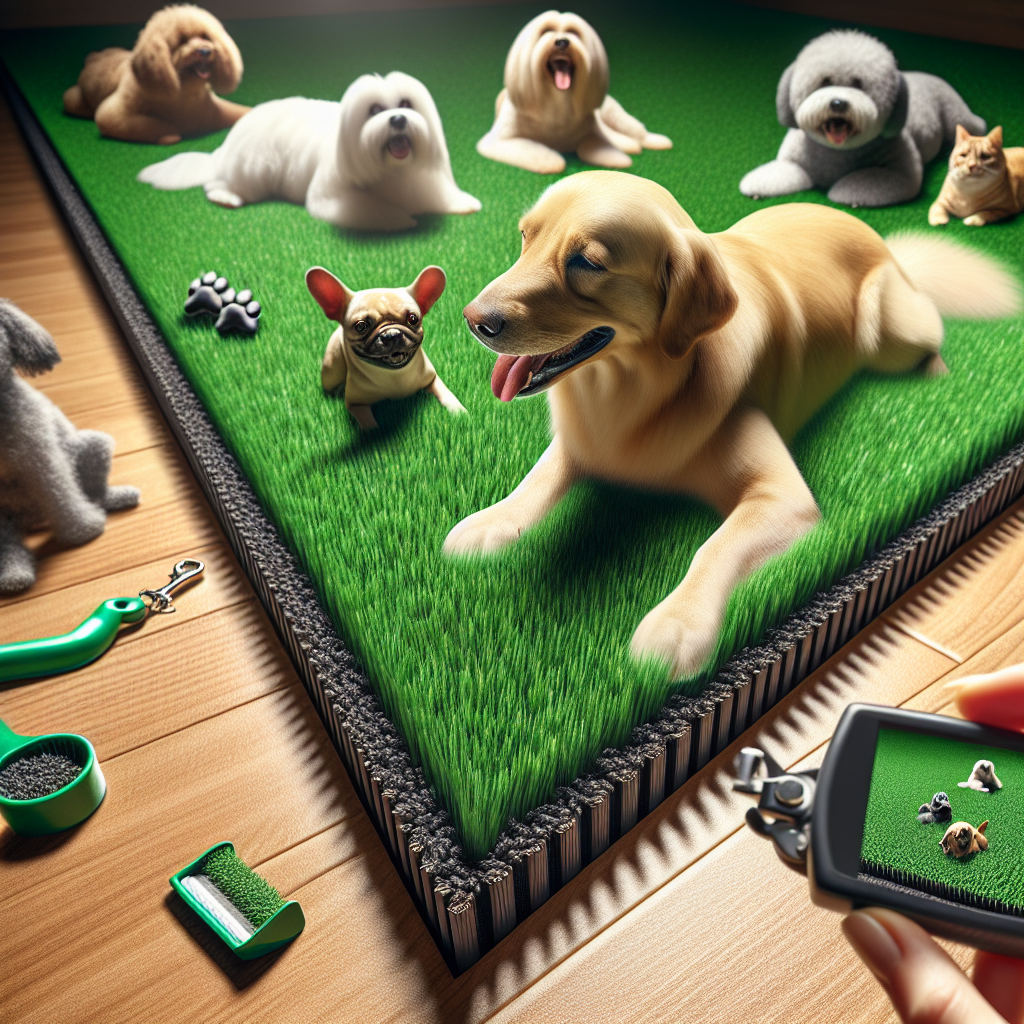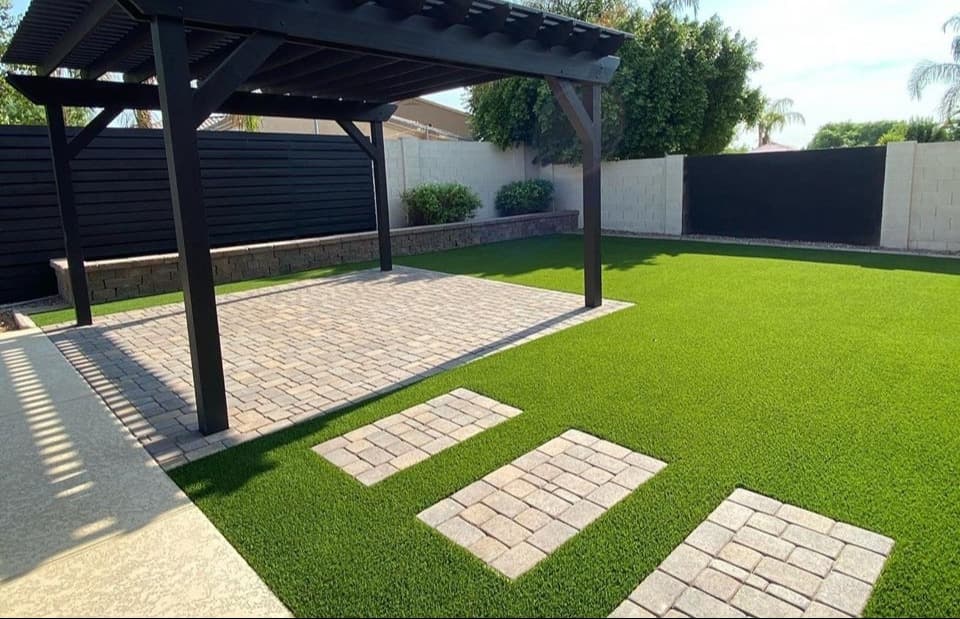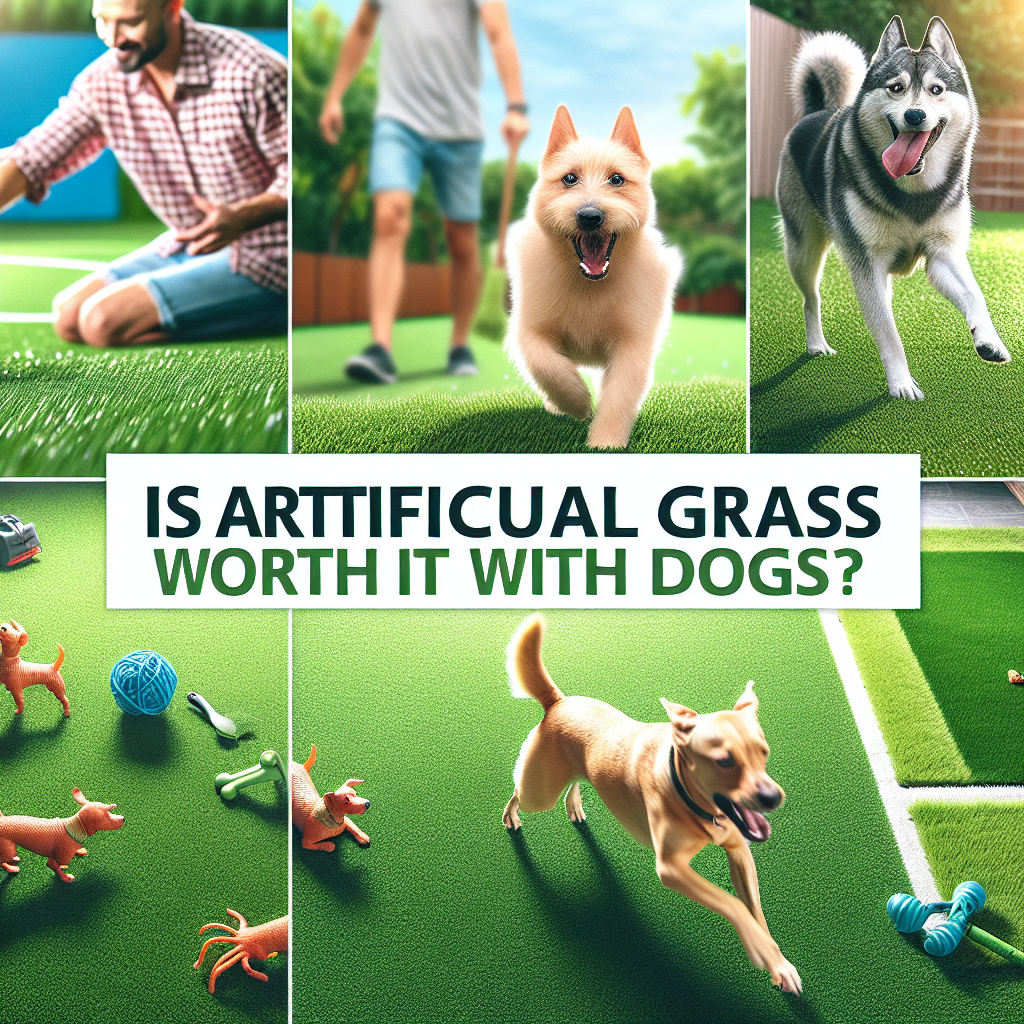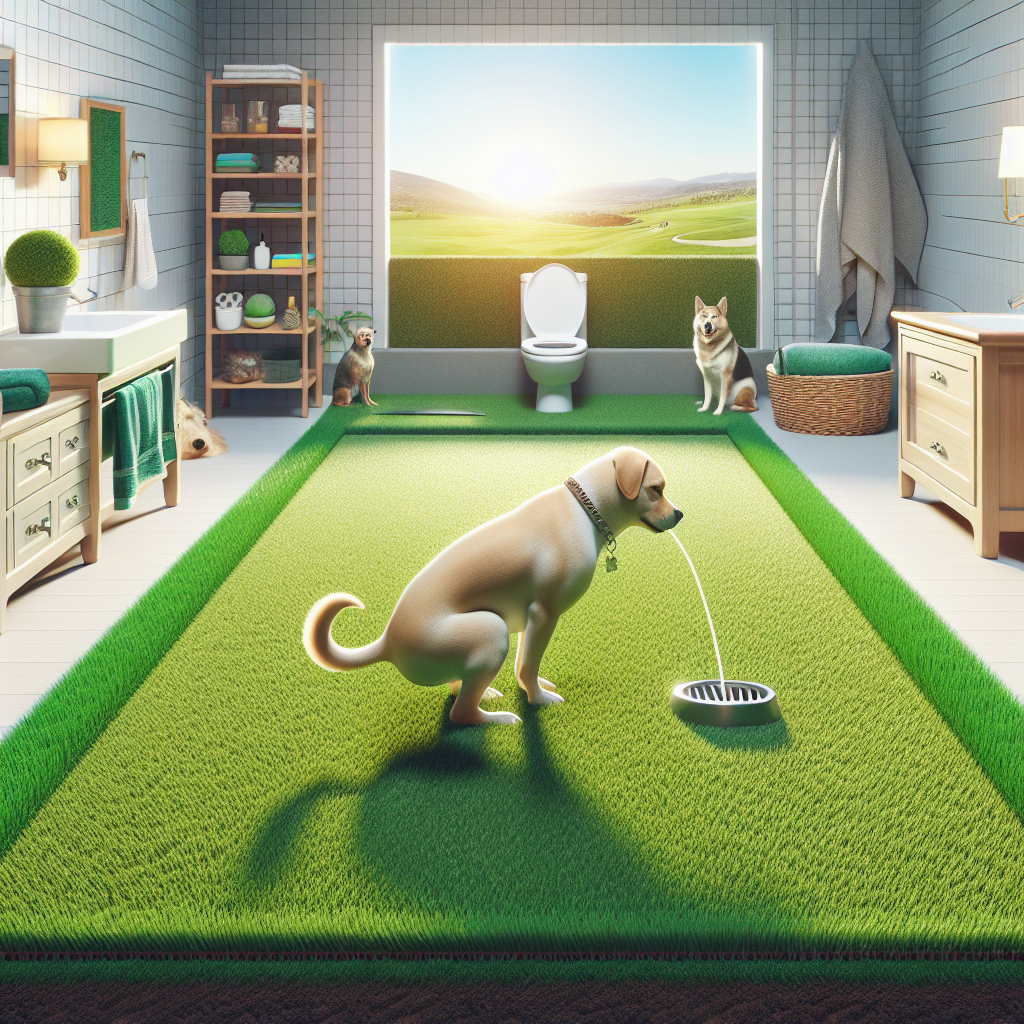
Imagine a serene backyard where your dog frolics joyfully on a lush green carpet that never withers or fades. Artificial turf is a dream come true for many pet owners who crave the perfect blend of beauty and durability. But does this idyllic surface harbor an unwelcome guest—the persistent odor of dog urine? Let’s unravel this mystery and learn how to maintain a fresh-smelling, pet-friendly lawn.
Artificial turf has become a popular choice among homeowners, especially those with pets. Its allure lies in its evergreen appearance and low maintenance. Unlike natural grass, it doesn’t demand frequent watering or mowing, making it a practical solution for busy families.
Such benefits make artificial turf an attractive option. However, the question remains—how well does it handle dog urine?
Dog urine contains urea, ammonia, and other compounds that can produce a strong odor. Over time, these compounds can break down and release a pungent smell, particularly when exposed to heat.
When urine decomposes, bacteria break down the urea into ammonia, which is responsible for that unmistakable scent. This process can be exacerbated by warm temperatures and improper cleaning.
Artificial turf is designed to be permeable, allowing liquids to pass through its layers. However, if not maintained correctly, urine can accumulate beneath the surface and create a breeding ground for odors.
The type of infill used in your artificial turf can significantly impact odor retention. Infill materials such as silica sand or rubber can trap urine, leading to unpleasant smells. Opting for an antimicrobial infill can help mitigate this issue.
Maintaining a fresh-smelling artificial lawn requires consistent care. Here are some essential tips:
For more detailed advice on maintaining your lawn, check out our comprehensive guide on installing laravel on a local server.
If not properly maintained, artificial turf can develop odors from dog urine. Regular cleaning and using suitable infill materials can minimize this issue.
While bleach can disinfect, it may also damage the turf fibers. It’s better to use specialized enzyme cleaners designed for artificial grass.
For best results, rinse your turf weekly and use enzyme cleaners monthly or as needed.
The allure of artificial turf lies in its promise of year-round beauty with minimal upkeep. Yet, like any garden oasis, it requires a touch of care to truly flourish. By understanding how dog urine interacts with artificial grass and adopting effective maintenance practices, you can enjoy a pristine, odor-free lawn that both you and your furry friend will love.
For more insights on maintaining your outdoor space, explore our guide on WordPress security tips. Additionally, consider browsing the latest advice from experts at Moz.


